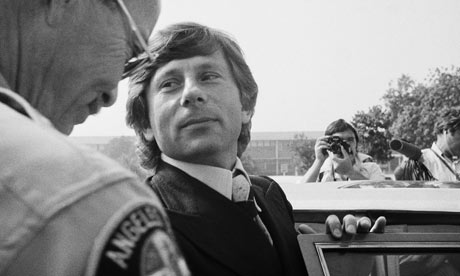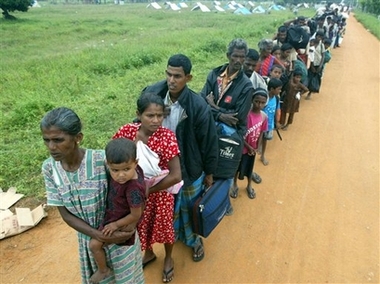 A New York Times article says this in the title: “Militia Charged With Plotting to Murder Officers“. Digging down into the news I could read the following:
A New York Times article says this in the title: “Militia Charged With Plotting to Murder Officers“. Digging down into the news I could read the following:
In an indictment against the nine unsealed on Monday, the Justice Department said they were part of a group of apocalyptic Christian militants who were plotting to kill law enforcement officers in hopes of inciting an anti-government uprising, the latest in a recent surge in right-wing militia activity.
Going by the news piece above, what should you call this group of people? A “Militia” or a group of “Terrorists”? Since NYT chose to use a lose term “Militia” instead of “Terrorists” in their news article, let us have a look at what Princeton University, a prestigious institution of America, says about a terrorist:
“A terrorist is a radical who employs terror as a political weapon; usually organizes with other terrorists in small cells; often uses religion as a cover for terrorist activities”.
Now look back into the NYT news piece to see how they described the “Militia” and if that matches with the definition of a terrorist –
- “part of a group of apocalyptic Christian militants (read from the definition – “uses religion as a cover for terrorist activities“)
- who were plotting to kill law enforcement officers (read from the definition – “employs terror” as they were planning to kill the guardians of law and thus terrorizing the society)
- in hopes of inciting an antigovernment uprising (read from the definition – “employs terror as a POLITICAL WEAPON“), the latest in a recent surge in right-wing militia activity“.
- They also “organizes with other terrorists in small cells” as you can read from the report.
And what is a Militia? Wiki says –
“The term militia (in English, pronounced as milisha) is commonly used today to refer to a military force composed of ordinary citizens[1] to provide defense, emergency law enforcement, or paramilitary service, in times of emergency without being paid a regular salary or committed to a fixed term of service.”
A “Militia” is something like Salwa Judum in India. And even such Militias can terrorize (like many accusations have risen against Salwa Judum since it’s formation). But even though there are clear definitions, NYT takes it lightly with the all-white, Christian “Militia”.
Evidently, if this was any other “militia” as such, particularly of Asian Muslims, the Western media would immediately tag them with terrorism, but when it comes to a Christian terrorist group, it is called a “Militia”. This is something like what went here in India when a Hindu terrorist group was caught. Many people declined to call them the terrorists. In the public eye, they were, at the most, fundamentalists, fanatics or extremists. Not the terrorists. As for the public, we associate terrorism with a certain group of people and no one else.
CNN article: Right-wing extremism may be on rise, report says
Info via a tweet from @flyyoufools



 I have never bothered to learn much about the Singhalese vs Thamizhans issue in Sri Lanka. Probably because it has been going on ever since my childhood and the news of the killings had become the news of “ordinary value”. There are certain issues which have come to an ordinary value as time passes by. Aung San Sui Kyi of Burma for example. Or “soon-to-be-of-ordinary-value” Dr. Binayak Sen. Anyways, the murder of Rajiv Gandhi brought the issue into the common public again, but I could not read more about it then because Internet was not available. Now as the news come out that the LTTE has been wiped off by Sri Lankan govt, I could read a lot more into the issue.
I have never bothered to learn much about the Singhalese vs Thamizhans issue in Sri Lanka. Probably because it has been going on ever since my childhood and the news of the killings had become the news of “ordinary value”. There are certain issues which have come to an ordinary value as time passes by. Aung San Sui Kyi of Burma for example. Or “soon-to-be-of-ordinary-value” Dr. Binayak Sen. Anyways, the murder of Rajiv Gandhi brought the issue into the common public again, but I could not read more about it then because Internet was not available. Now as the news come out that the LTTE has been wiped off by Sri Lankan govt, I could read a lot more into the issue.
 Today’s is a guest post by Sirensongs, who blogs at
Today’s is a guest post by Sirensongs, who blogs at